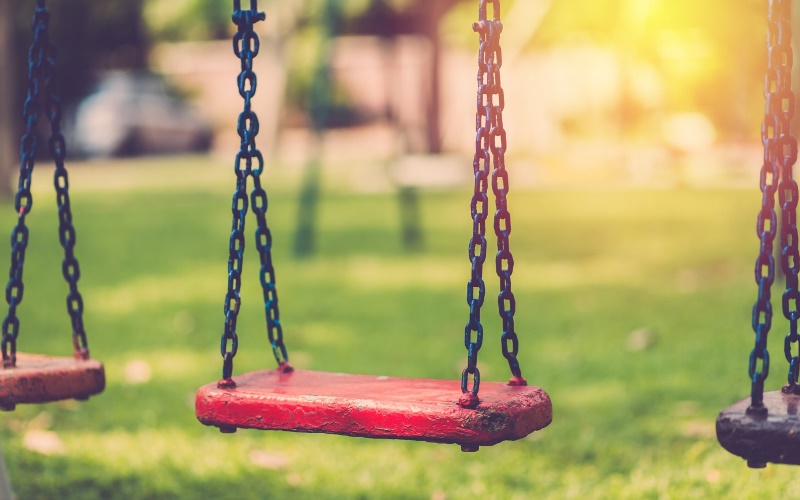
From 7 – 13 March 2022 the national campaign ‘UK Says No More’, will take place. The campaign aims to raise awareness to end domestic abuse and sexual violence across the UK.
Children are often described as the forgotten victims of domestic abuse. Research carried out by Women’s Aid shows that growing up in a home where domestic abuse takes place can be harmful to children’s physical and mental health. Although some children can demonstrate remarkable resilience, according to the Royal College of Psychiatrists, many children who have experienced domestic abuse can develop serious difficulties, including anxiety, depression and post-traumatic stress disorder.
When the parents of a child who has grown up in a home with domestic abuse separate, this is often not the end of the story. Often, the perpetrator of the abuse will seek an order from the Court to allow them to have contact with the child. In Scotland, a range of specialist women’s support services, for example Scottish Women’s Aid, have long highlighted that it is problematic to presume that a relationship between a child and the perpetrator of domestic abuse is in the child’s best interests. Indeed, Women’s Aid have suggested that the raising of such Court actions can be a way for the perpetrators of abuse to continue to exert control over women and children.
We recognise that it is difficult to speak about domestic abuse, historic or otherwise, and victims may feel vulnerable or fearful about the consequences of speaking out. However, it is important to make your solicitor aware if you have experienced abuse if a child contact action is raised in respect of your child.
Under the Children (Scotland) Act 1995, the welfare of the child concerned is the paramount consideration of the Court. When deciding whether or not to make an Order for contact, the Court will take into consideration the need to protect children from abuse, the effect abuse may have or has had on the child, and the ability of the person who has carried out abuse to effectively carry out caring responsibilities in respect of the child. The Court must also consider whether 2 parents are able to co-operate with each other, which can be especially difficult if one has subjected the other to domestic abuse.
If you have experienced domestic abuse and are concerned about the impact that having continued contact with the perpetrator of that abuse will have on your child, please contact one of our experienced family law solicitors on 03330 430150.
